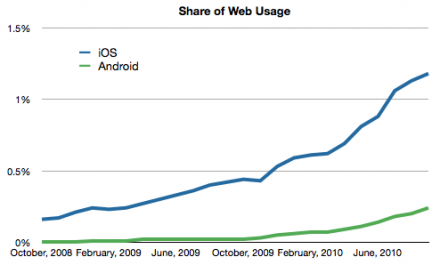I activated IntenseDebate comments. This allows many features (see below) including the editing of comments.
There might be some issues or bugs that will be discovered only once the system is in use so let me know what you observe.
The key features claimed are:
- Reply By Email
- Users Reputations
- RSS Feeds
- Widgets
- Threaded Comments
- Tracking and Notifications
- Profiles
- Comment Voting
- Social Traffic Drive
Readers will be able to follow the conversation within the comments better with comment threading. Comment threading makes reading comments manageable and returns the value of insightful comments to your site. Not only will your readers be more likely to comment, but they’ll be more likely to return to leave multiple comments as the debate gets going. Comment notification emails alert your readers when someone has responded to their comment and makes responding a piece of cake with our Reply By Email feature.
In addition, your readers will be able to vote on the comments made, and gain reputation points giving their comments more authority. Readers can subscribe to comments through our support of various RSS readers. Readers can follow their friends as they comment their way across the Internet. Not to mention that Intense Debate is a great tool for promoting their own blogs.

